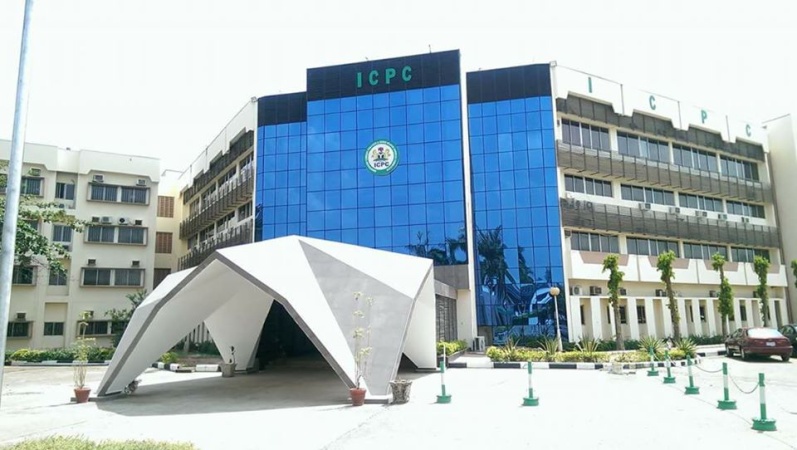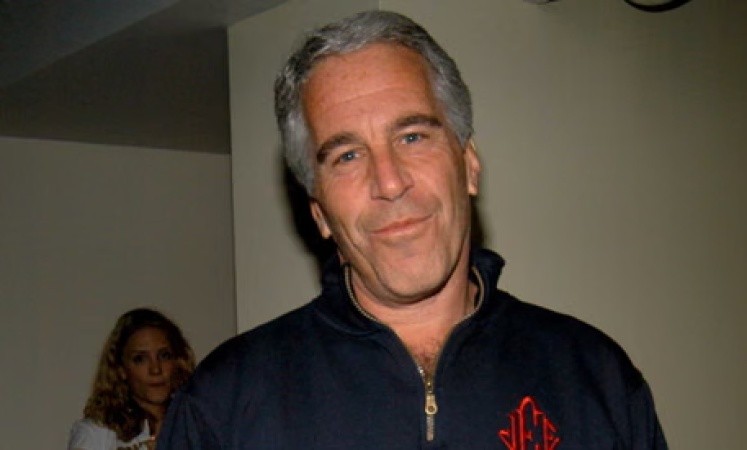

























Loading banners


NEWS EXPRESS is Nigeria’s leading online newspaper. Published by Africa’s international award-winning journalist, Mr. Isaac Umunna, NEWS EXPRESS is Nigeria’s first truly professional online daily newspaper. It is published from Lagos, Nigeria’s economic and media hub, and has a provision for occasional special print editions. Thanks to our vast network of sources and dedicated team of professional journalists and contributors spread across Nigeria and overseas, NEWS EXPRESS has become synonymous with newsbreaks and exclusive stories from around the world.

The Federal Government has been urged to apply caution with regard to the implementation of the proposed cut in permissible levels of sulphur content in imported petrol and diesel.
Mr Friday Udoh, South-South Coordinator of Institute of Chartered Economists of Nigeria (ICEN), said on Wednesday that although the policy is commendable, its implementation could cause economic problems.
He said that the proposed cut in sulphur limits in fuels when the country was heavily importing refined petroleum products will push up the landing cost and trigger inflation, thus hurting the recovery of the economy from recession.
Udoh explained that the lower sulphur limits would benefit the country if Nigerian crude was refined locally as opposed to importation of refined petroleum products.
The Nigerian National Petroleum Corporation (NNPC) had on March 13 announced that starting from July, it will cut down sulphur levels in imported petrol and diesel.
Mr Anibor O. Kragha, NNPC’s chief operating officer of refineries and petrochemicals, announced the development during a presentation to the African Refiners Association (ARA) Conference in South Africa.
According to NNPC, the new limit of sulphur in diesel will be reduced from 3,000 parts per million (ppm), to 50 ppm, by July 1, 2018.
The sulphur cut in petrol would be from 1,000 ppm to 300 ppm from October 2018.
Nigeria plans a further cut to 150 ppm by October 1, 2019.
Kragha said that the first shift to cleaner petrol from July 2018 would cost $11.7 million per month, and the second from October 2018 gulp $15.7 million per month.
For diesel reduction in sulphur content would cost $2.8 million per month, diesel prices are deregulated, meaning consumers will pay directly for the cleaner fuels.
Reacting to the news, Udoh noted that revamping existing refineries before implementing the new sulphur limit regulation is in the economic interest of the nation.
According to him, the low sulphur content of Nigerian crude streams is a comparative advantage the nation could leverage on as the crude is easier to refine.
His words: “From the economic point of view, enforcing that proposed regulation when we are importing fuel will not serve our economic interest as a nation, fuels that meet the sulphur cut limit will come at a higher cost
“Any hike in fuel price will have adverse impact on the economy as well as increase the inflation rate which is being managed by the government agencies.
“The subsidy burden will increase if the government opts to pick the extra cost for the cleaner low-sulphur fuels, but for diesel that has a deregulated price, the cost will definitely go up and industries that run on diesel will pass the cost to consumers.
“In view of the economic climate, our advice to NNPC is to put the plan on hold and engage all the oil industry stakeholders as well as the managers of the economy, the policy is welcome but it must be pursued with caution.
“Rushing into it will not be in the overall national interest; the agenda for cleaner energy is coming from foreign interests and we should not allow that to overshadow national interest, we should not jeopardise our economy for it.
“A lot of countries did it many years before now and they all put their houses in order, ours cannot be an exception, we need to revamp the local refineries and leverage on our low sulphur crude.”